- Your Brain: A Learning Machine
- Language Acquisition: A Window into Learning
- Education: Harnessing the Power of Learning
- Here’s how education can optimize learning:
- Practical Applications: Fuel Your Learning Journey
- Why Should You Care?
- Key Takeaways
- Keywords & Definitions
- Frequently Asked Questions (FAQs)
- Myth Buster
- Let’s Talk!
Ever wondered how you effortlessly picked up your native language as a child? Or why learning a new language as an adult feels like a completely different ball game? The answer lies in the intricate dance between your brain, the learning process, and the power of language.
Your Brain: A Learning Machine
Your brain is an incredible organ, constantly adapting and rewiring itself in response to new experiences. This adaptability, known as neuroplasticity, is the key to learning. When you learn something new, whether it’s a vocabulary word or a complex concept, your brain forms new connections between neurons. The more you practice and reinforce these connections, the stronger they become, solidifying your learning.
Think of your brain like a muscle: the more you use it, the stronger it gets. This is why consistent practice and exposure to new information are crucial for learning.
Language Acquisition: A Window into Learning
Language acquisition is a prime example of how the brain learns. As children, we absorb language effortlessly through immersion in our environment. Our brains are primed to recognize patterns in speech and associate sounds with meanings, creating a foundation for language development.
This process isn’t limited to childhood. Your brain retains its ability to learn new languages throughout life, although the strategies and effort required may differ. As adults, we often rely more on conscious effort and structured learning environments, but the underlying principles of neuroplasticity and pattern recognition remain the same.
Education: Harnessing the Power of Learning
Education is not just about acquiring information; it’s about facilitating the brain’s natural learning processes. Effective education recognizes that each brain is unique, with different strengths, weaknesses, and learning styles.
Here’s how education can optimize learning:
- Active engagement: Rather than passively absorbing information, actively participating in the learning process strengthens neural connections and deepens understanding. This could involve discussions, problem-solving activities, or hands-on projects.
- Personalized learning: Tailoring instruction to individual needs and preferences maximizes engagement and learning outcomes. This might include adapting the pace of instruction, using different teaching methods, or providing individualized feedback.
- Creating a supportive environment: A positive and supportive learning environment reduces stress and promotes focus, enhancing the brain’s ability to learn and retain information.
Practical Applications: Fuel Your Learning Journey
Understanding the neuroscience of learning can empower you to become a more effective learner at any age. Here are some tips to put this knowledge into action:
- Be an active learner: Don’t just consume information passively. Engage with it, ask questions, and try to apply it to real-life situations.
- Embrace challenges: Learning something new is often challenging, but that’s a good thing! Challenges stimulate your brain and promote growth.
- Make learning fun: Find ways to make learning enjoyable. Whether it’s through games, social interaction, or hands-on activities, having fun makes the process more engaging and effective.
- Be patient: Learning takes time and effort. Don’t get discouraged if you don’t see results immediately. Keep practicing, and you’ll eventually reach your goals.
Your brain is a remarkable learning machine, and understanding how it works can unlock your full learning potential. By actively engaging with new information, embracing challenges, and making learning fun, you can continue to grow and expand your knowledge throughout your life.
Why Should You Care?
Understanding the neuroscience of language acquisition and learning isn’t just for scientists. It’s about unlocking your own potential! Here’s why this matters to you:
- Become a Better Learner: Knowing how your brain learns can help you find the strategies that work best for you, whether you’re picking up a new language, learning a musical instrument, or mastering a new skill.
- Help Others Learn: If you’re a parent, educator, or mentor, this knowledge can guide you in creating effective and engaging learning experiences for others.
- Lifelong Growth: Learning isn’t just for school; it’s a lifelong journey. Understanding how your brain works can empower you to continue growing and expanding your knowledge at any age.
Key Takeaways
- Brain Plasticity: Your brain is constantly changing and adapting, forming new connections as you learn.
- Active Learning: Actively engaging with information strengthens these connections and deepens your understanding.
- Personalized Learning: Everyone learns differently, so finding strategies that match your unique style is crucial.
- Lifelong Learning: The ability to learn isn’t limited to childhood; your brain can continue to grow and develop throughout your life.
Keywords & Definitions
- Neuroplasticity: The brain’s ability to change and adapt in response to new experiences.
- Neural Connections: Links between neurons that form the basis of learning and memory.
- Active Learning: Engaging with information through activities like discussions, problem-solving, and projects.
- Personalized Learning: Tailoring instruction to individual needs and preferences.
- Language Acquisition: The process of learning a language, especially during childhood.
- Lifelong Learning: The ongoing pursuit of knowledge and skills throughout life.
- Cognitive Skills: Mental abilities like thinking, reasoning, and problem-solving.
- Learning Styles: Different approaches to learning, such as visual, auditory, or kinesthetic learning.
- Learning Environment: The physical and social context in which learning takes place.
- Education: The process of facilitating learning through instruction, guidance, and support.
Frequently Asked Questions (FAQs)
- Can I still learn a new language as an adult? Absolutely! Your brain retains its plasticity throughout life. While it may require more effort than learning as a child, adults can still master new languages.
- What’s the best way to learn? There’s no one-size-fits-all answer. The best way to learn is the way that works best for you. Experiment with different approaches and find what resonates with your learning style.
- How can I improve my memory? Several strategies can boost memory, including getting enough sleep, exercising regularly, eating a healthy diet, and practicing memory techniques like mnemonic devices.
- Is it true that we only use 10% of our brains? No, this is a myth. We use all parts of our brain, although different areas are more active during different tasks.
Myth Buster
Myth: Learning gets harder with age. Reality: While some cognitive functions may decline slightly with age, the brain retains its ability to learn and adapt throughout life.
Myth: People are either “left-brained” or “right-brained.” Reality: While different hemispheres of the brain specialize in certain functions, most tasks involve both sides of the brain working together.
Let’s Talk!
- Do you have any personal experiences that illustrate the power of lifelong learning?
- What strategies have you found most effective for learning new things?
- How can we apply the principles of neuroscience to improve education?
Share your thoughts and experiences in the comments below!
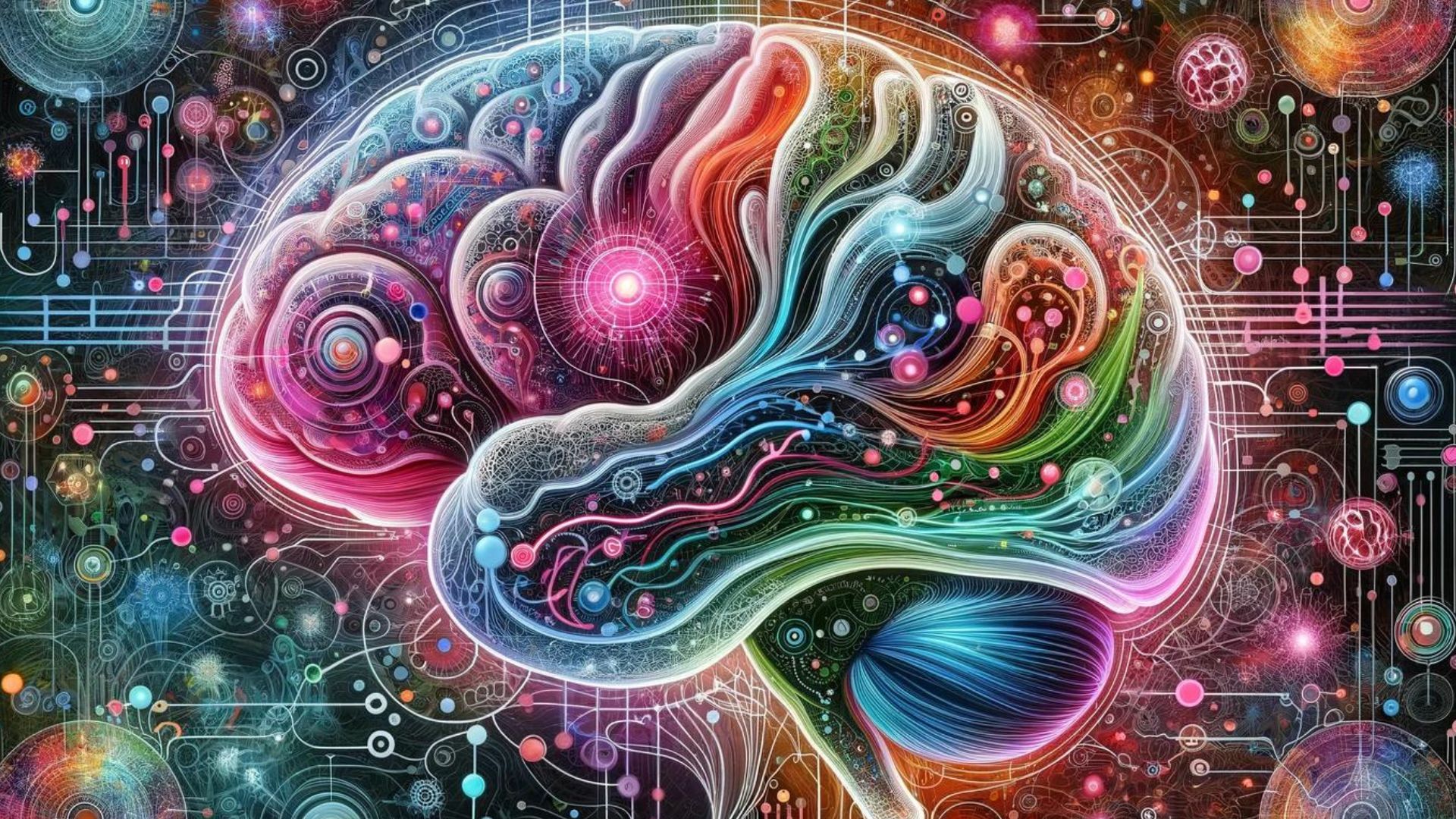
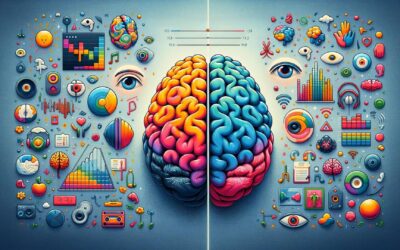

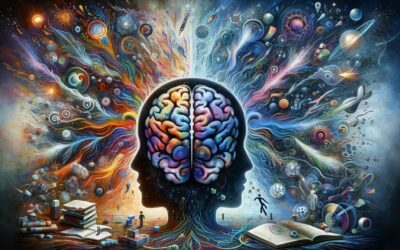


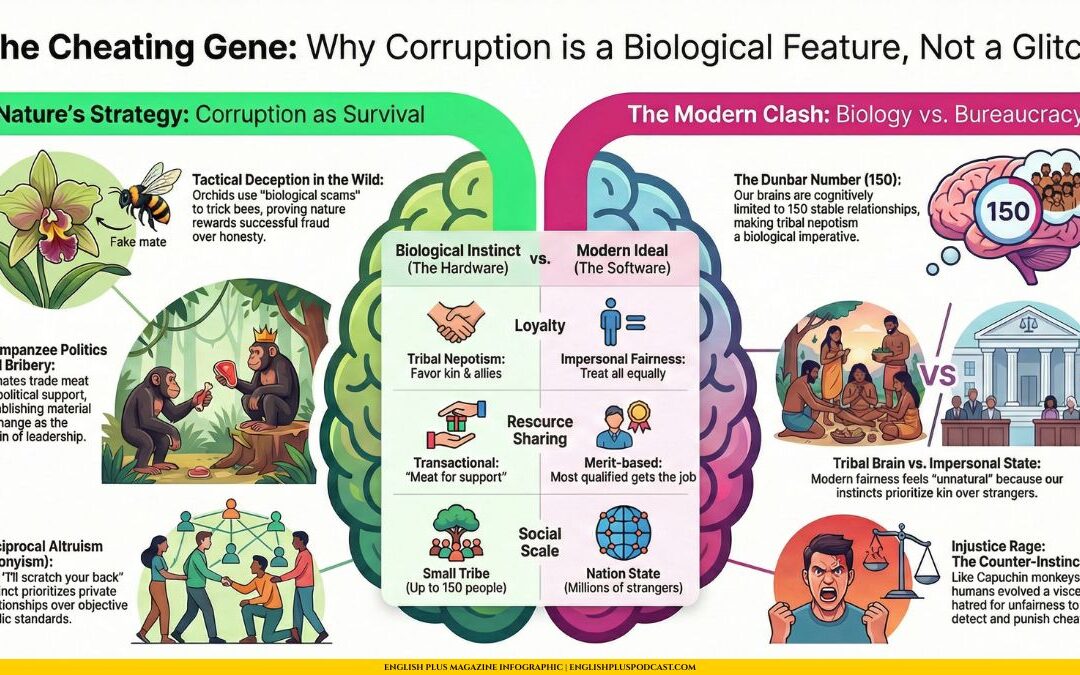


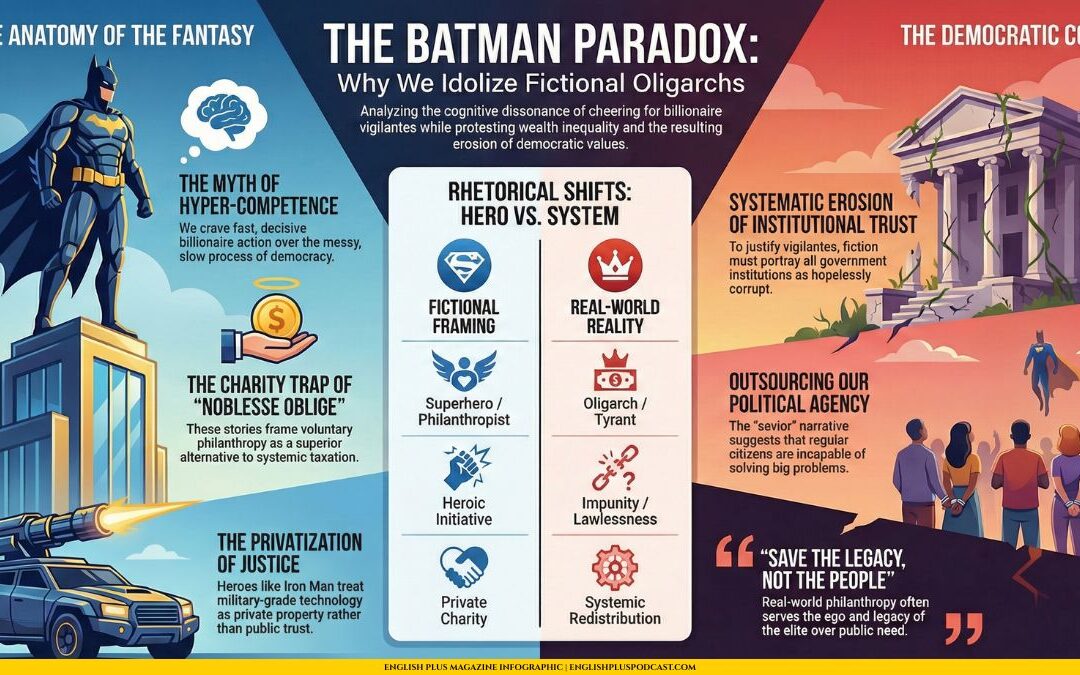
0 Comments